Far too often, we blame ourselves for hair problems such as breakage, frizz, and lack of volume when, in reality, many of these common pain points can be traced back to our styling tools. Using the wrong tools and products can damage even the most naturally lustrous locks, which is why it’s so important to familiarize ourselves with our specific hair types.
In doing so, we can select the proper tools to protect curls, prevent damage, revive limp tresses, and more. Consider, for example, the comb, an unsung hero of the hair care world when it comes to detangling, styling, and maintaining our favorite ’dos. Here’s how to find the right one for you — and yes, that might mean finally ditching your old standby comb, but we promise it’ll be worth it in the end.
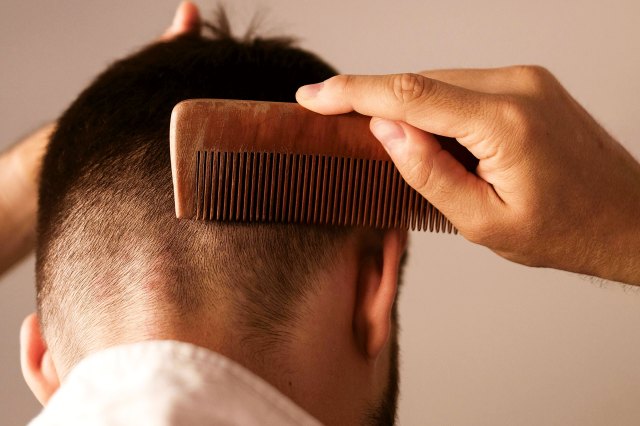
Fine-Toothed Combs
Fine-toothed combs, also known as barber combs, are a great option for those with thin, fine, or short hair. A warning, though: The narrow teeth of these combs can painfully tug and damage tangled hair. If you have fine hair prone to major knots, gently work those out with a wide-toothed comb (plastic if you’re in the shower, wooden if you’re not) before using a smoothing fine-toothed comb.
Fine hair tends to be more prone to flyaways and breakage, which makes using the correct comb material all the more critical. For instance, high-quality metal combs are incredibly durable and anti-static, which means they’ll help calm even the wiliest of flyaways and frizz around the crown and face. No matter the material, however, fine-toothed combs have little give and should be avoided by those with very thick or curly hair.
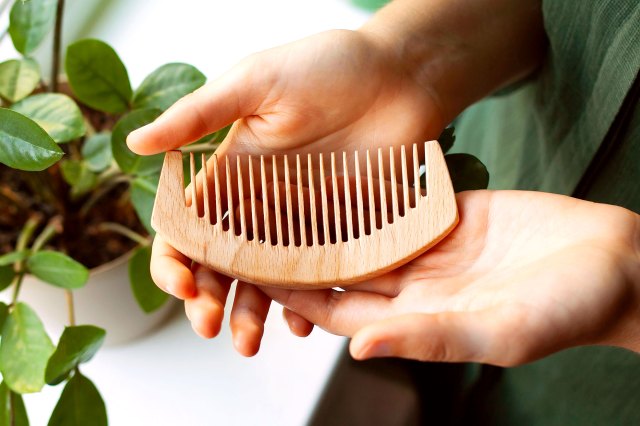
Wide-Toothed Combs
Wide-toothed combs gently detangle thick and curly hair without disrupting your natural curl pattern as much as a brush. However, not all wide-toothed combs should be used for the same purposes.
Wooden combs are best for dry combing, as the natural material is softer on your tresses and helps absorb and redistribute scalp oils. This is especially handy for combination hair types that tend to dry out on the ends while remaining oily at the roots.
Plastic combs, even wide-toothed ones, can cause damage when dry combing. These combs are best kept in the shower to detangle all hair types after conditioning. If you have thin, fine hair, you’ll want to use a different kind of comb once you’re out of the shower.
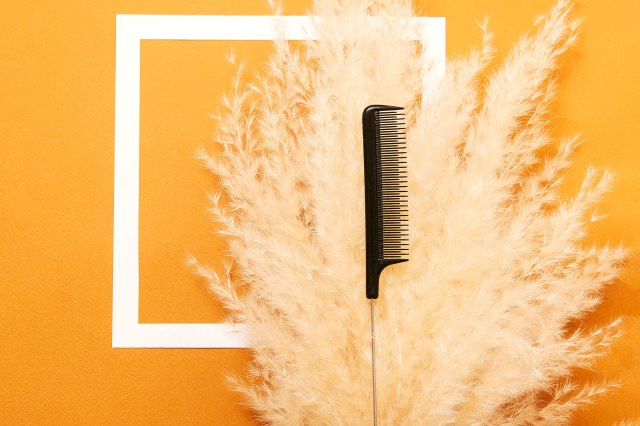
Rat Tail or Pin Tail Combs
Rat tail combs, also called pin tail combs, feature a narrow strip of fine teeth and a long, thin handle. As these combs have a short set of teeth, they’re designed to work only on small sections of hair at a time.
Some rat tail combs are specifically designed for teasing, such as those with alternating heights and thicknesses of teeth. While teasing combs are great for backcombing and creating volume, they’re not the most forgiving detanglers or the most effective smoothers. On the other hand, uniformly toothed combs can cause damage if used to tease. So it’s best to pick the comb that matches your intended use.
Rat tail combs are a great go-to for those who regularly style their hair. The narrow handle can help split hair into separate sections for crisper parts, more effortless-looking updos, and greater control over hair dye distribution. If you don’t personally style your hair often or at all, you’d be better off sticking with a nontapered comb.

Hair Picks
The long, wide-set teeth of a hair pick gently lift heavy, curly tresses away from the scalp to increase volume and bounce while maintaining overall shape. For that reason, these combs are best suited for curl types in the 3 or 4 category.
Types 3A, 3B, and 3C encompass varying degrees of curls, from relatively loose to tight ringlets. Types 3A and loose 3B in particular would benefit the most from a thick plastic or wooden pick.
Types 4A, 4B, and 4C are even more defined and include dense, tight coils. These hair types are best suited to thin, metal-toothed picks that can elevate and fluff curls to create a wide variety of natural hairstyles while eliminating static.
This article is for general informational purposes only.
Affiliate Disclaimer Medical Disclaimer



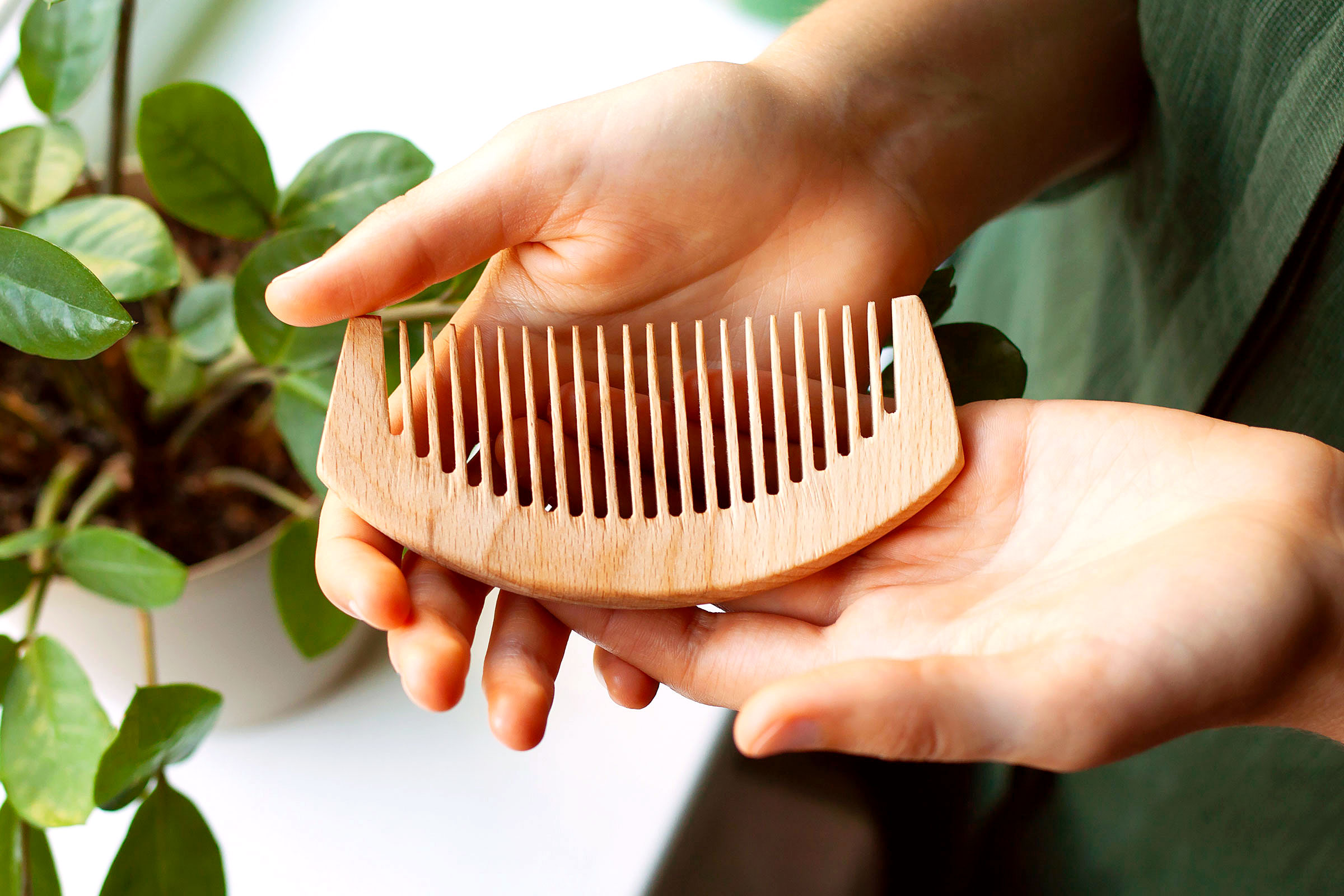







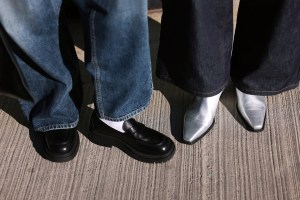


 Unique Beauty is free for all users.
Unique Beauty is free for all users.